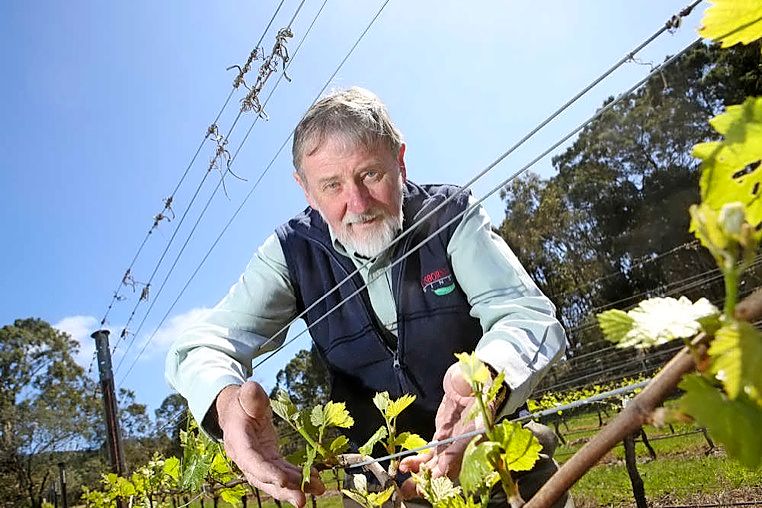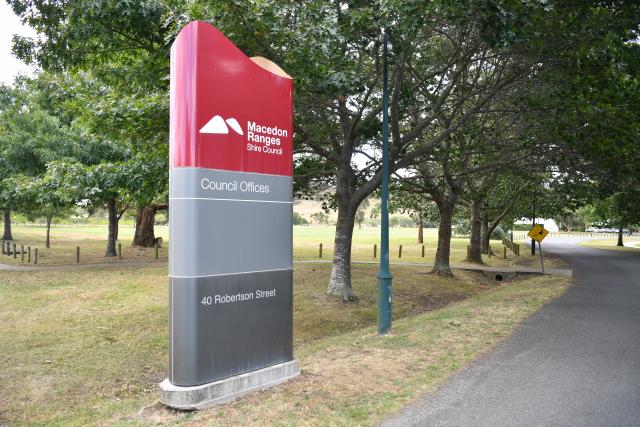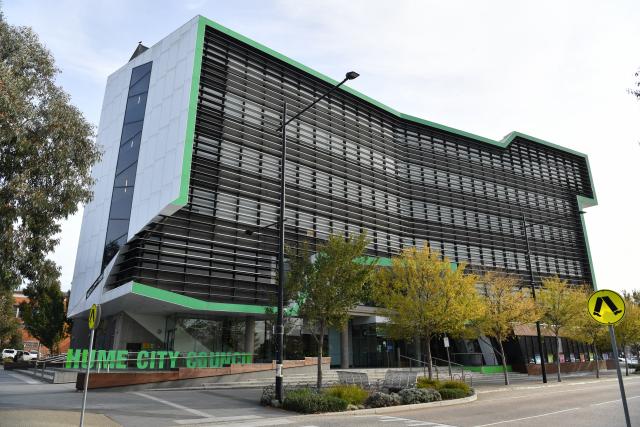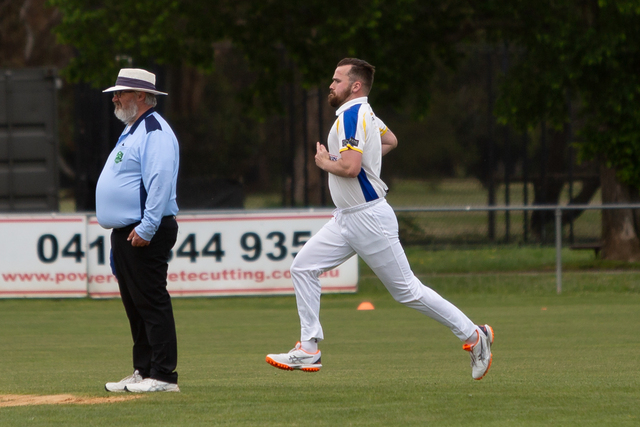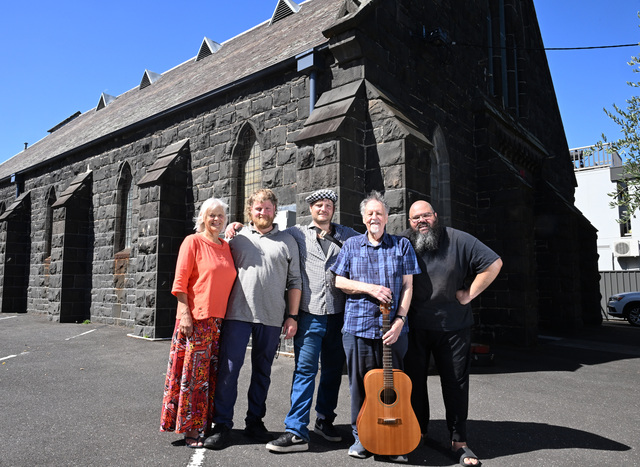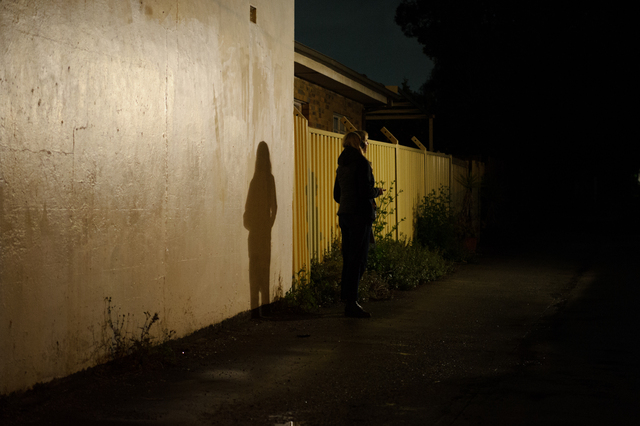Unseasonal heat, winds and below-average rainfall are having a dire effect on central Victorian crops.
The hottest start to October in 75 years, hard on the heels of a dry winter, is also affecting Macedon Ranges wineries, who say long-term climate change could lead them to trialling new grape varieties.
The Victorian Farmers Federation last week urged farmers to support each other during what is shaping up as a long, difficult summer.
Federation president Peter Tuohey urged farmers to ensure they make the right decisions about livestock numbers, finances and personal wellbeing.
Julia Hausler, field officer for grain producer organisation GrainGrowers, said some crops had already failed, while others would be cut for hay and some still had potential.
‘‘The decision for many growers now is whether to graze, make hay or attempt to harvest,’’ Ms Hausler said.
With the latest Bureau of Meteorology seasonal outlook showing little or no rainfall over the next few months, Gisborne Peak Winery owner Barbara Nixon said she was grateful for access to Western Water’s recycled water scheme.
‘‘We’re delighted,’’ she said.
‘‘The scheme was put in during all the rainy years, but everybody knew it was going to be dry again.
‘‘Springtime is when the grapes need water. If you didn’t have water in reserve, you’ll be in trouble in a long summer.’’
Ms Nixon said the early heat would likely bring the season forward.
‘‘Instead of vintage being in April it would be in March,’’ she said. ‘‘I don’t think we’ve ever picked in March.’’
She said ongoing changes to the region’s climate could lead to some wineries changing grapes.
‘‘We’re a cold climate. This kind of climate change is affecting what kind of varietals you can have. If it keeps up, we may have to look at varieties that before we never could.’’
A total of 395.2 millimetres of rain has been recorded at Kyneton so far this year.
That’s well below the long-term rainfall average of 753 millimetres a year.

